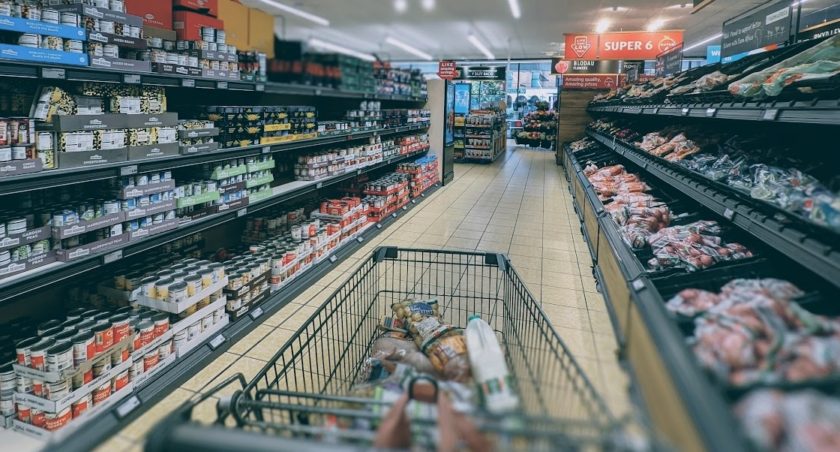Cost of basic groceries such as butter, milk and cheese in UK supermarkets soar by up to 30%

According to new research from consumer champion Which?, the cost of basic groceries such as butter, milk, and cheese skyrocketed by up to 30% year on year in December.
The findings come from Which?’s supermarket food and drink inflation tracker, which records the annual inflation of tens of thousands of food and drink products across eight major supermarkets: Aldi, Asda, Lidl, Morrisons, Ocado, Sainsbury’s, Tesco, and Waitrose.
While the overall food and drink inflation was at 15% across the eight retailers, butter and spreads saw a staggering 29.4% increase. Milk (26.3%), cheese (22.3%), bakery items (19.5%), water (18.6%), and savory pies, pastries, and quiches (18.5%) also experienced higher than average price increases.
When Which? looked at some of the worst examples in these categories for the three months to the end of December 2022, it found Utterly Butterly (500g) saw dramatic price rises at several supermarkets, including Waitrose, where it went from £1 to £1.95 (95%), and Waitrose Duchy Organic Homogenised Semi-Skimmed Milk (1 pint/568ml) went from 65p to £1.22 (87.1%).
The worst individual price hike on a food item across all supermarkets was Quaker Oat So Simple Simply Apple (8x33g) at Asda, which went from £1 on average in December 2021 to an average £2.88 in December 2022 – a sharp increase of 188%.
Budget (20.3%) and own-brand (18.5%) items were subject to higher rates of inflation than premium (12.6%) and branded counterparts (12.5%).
Despite being the cheapest supermarkets overall, according to Which?’s monthly price analysis, Lidl prices went up the most (21.1%), followed closely by Aldi (20.8%).
The steep price increases have coincided with a sharp drop in trust in the sector, with Which?’s latest Consumer Insight survey data showing a decline from +67 in May 2021 to +42 now.
Among consumers who do not trust the sector, price rises emerged as a common reason, particularly the perception that prices are sometimes artificially inflated, and go beyond what is necessary for businesses to offset their own rising costs.
With high food prices and a looming recession, UK households are finding themselves in an increasingly precarious position.
Sue Davies, Which? Head of Food Policy, said:
“We know food prices have risen exponentially in the last year and our inflation tracker shows the dramatic impact this is having on everyday products at the supermarket.
“Some households are already skipping meals to make ends meet and our findings show trust in supermarkets taking a hit as many people worry they are putting profits before the people suffering during this cost of living crisis.
“Supermarkets must do more, Which? is calling for them to ensure everyone has easy access to basic, affordable food ranges at a store near them, particularly in areas where people are most in need, as well as pricing which enables people to easily work out best value and promotions to support people who are particularly struggling.”
Spotted something? Got a story? Email: [email protected]
Latest News
